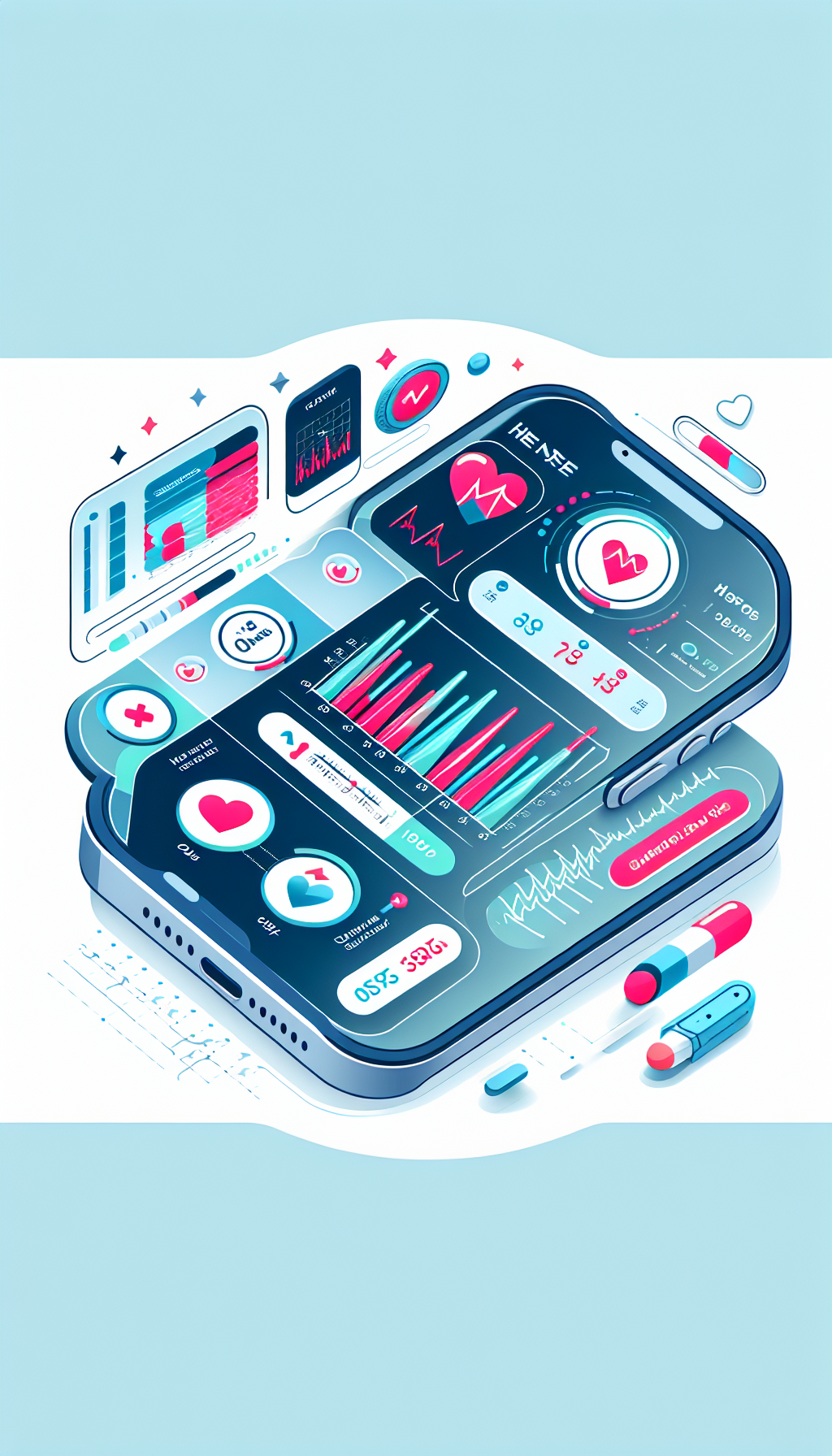Cardiac arrhythmias, irregularities in the heart’s rhythm, are a significant global health concern. These disruptions can range from benign ‘extra beats’ to severe disturbances that impair the heart’s ability to pump blood effectively. While lifestyle factors and environmental influences are well-documented contributors to heart rhythm disorders, the role of genetics in the development of these conditions is increasingly recognized. This comprehensive review delves into the intricate relationship between genetics and cardiac arrhythmias, offering insights into how genetic research is paving the way for personalized medicine in the realm of cardiovascular health.
The Genetic Basis of Cardiac Arrhythmias
Every heartbeat is governed by a complex electrical system within the heart. When this system functions smoothly, it maintains a regular and efficient rhythm. However, genetic mutations can disrupt this system, leading to arrhythmias. For example, conditions such as Long QT Syndrome and Brugada Syndrome are primarily inherited and can result in life-threatening arrhythmias. These syndromes are caused by mutations in genes that encode for cardiac ion channels, proteins that control the flow of ions across the heart muscle’s cell membranes and thus regulate its electrical activity.
The discovery of the specific genes associated with arrhythmogenic conditions has profound implications for both diagnosis and treatment. Genetic testing can identify at-risk individuals before they exhibit symptoms, allowing for early intervention and management. Moreover, understanding the genetic underpinnings of arrhythmias can lead to the development of targeted therapies that correct the dysfunctional ion channels or compensate for their effects.
For further reading on cardiovascular health and genetics, Avix Health’s Cardiovascular Health section offers more in-depth information.
Advances in Genetic Research
In recent years, genetic research has made significant strides in identifying the mutations responsible for various cardiac arrhythmias. Techniques such as genome-wide association studies (GWAS) have allowed researchers to uncover genetic variants that contribute to the risk of common arrhythmias, such as atrial fibrillation. This research has not only increased our understanding of these conditions but also highlighted the potential for personalized medicine approaches, where treatments can be tailored to an individual’s genetic profile.
The integration of genetic research into patient care is exemplified by the emerging field of pharmacogenomics. This discipline examines how genetic factors influence an individual’s response to medications, including those used to treat arrhythmias. By understanding a patient’s genetic makeup, healthcare providers can select drugs that are more likely to be effective and have fewer side effects, improving the safety and efficacy of arrhythmia management.
Genetic Counseling in Heart Disease Prevention
An important aspect of managing genetic risks for cardiac arrhythmias is genetic counseling. This process involves assessing an individual’s risk based on their family history and, if indicated, genetic testing. Genetic counselors can help interpret test results, guide patients through their risk management options, and support them in making informed decisions about their care.
For individuals with a family history of cardiac arrhythmias or sudden cardiac death, genetic counseling is particularly crucial. It can provide a clearer understanding of their risk and the steps they can take to monitor their heart health. Additionally, genetic counseling can inform family planning decisions for those with heritable conditions.
The importance of this service is highlighted in the article "The Role of Genetic Counseling in Heart Disease Prevention" on Avix Health.
Understanding Blood Pressure Variations and Cardiac Health
Blood pressure plays a significant role in overall cardiac health, and its fluctuations can impact the occurrence and severity of arrhythmias. Hypertension, or high blood pressure, is a well-known risk factor for the development of atrial fibrillation and other arrhythmias. Conversely, hypotension, or low blood pressure, can result from a slow heart rate or other rhythm disturbances, potentially leading to dizziness, fainting, and other symptoms.
Managing blood pressure is a critical component of arrhythmia prevention and treatment. Lifestyle modifications, such as dietary changes and exercise, along with appropriate medication, can help maintain blood pressure within a healthy range and reduce the burden on the heart’s electrical system.
For a deeper understanding of the connection between blood pressure and heart health, consider reading Avix Health’s article on blood pressure variations.
External Resources Supporting Genetic Research in Cardiac Arrhythmias
To supplement the insights provided above, the following external resources offer valuable information:
- Heart Rhythm Society: An international organization dedicated to improving the care of patients with heart rhythm disorders. It provides resources on the latest research and clinical guidelines for arrhythmia management.
- Genetics Home Reference: A service of the U.S. National Library of Medicine that offers consumer-friendly information about the effects of genetic variations on human health, including detailed explanations of conditions like Long QT Syndrome and Brugada Syndrome.
- The European Heart Rhythm Association (EHRA): A branch of the European Society of Cardiology that publishes research and practice guidelines on arrhythmias and electrophysiology.
- The SADS Foundation: A nonprofit organization focused on preventing sudden and unexpected cardiac death in the young and promoting awareness of hereditary heart conditions that can cause sudden death.
Innovative Strategies for Cardiovascular Disease Awareness
Raising awareness about genetic factors in heart health is vital to encourage at-risk individuals to seek evaluation and monitoring. Campaigns that educate the public about the signs of arrhythmias and the potential for genetic risks can lead to earlier detection and better outcomes.
Innovations in technology, such as mobile health apps, also play a role in spreading awareness and aiding in the management of cardiac arrhythmias. These tools can help individuals track their heart rate, recognize potential arrhythmias, and share this information with their healthcare providers.
For more on how technology is shaping the fight against heart disease, read "Exploring the Role of Mobile Health in Cardiovascular Prevention" on Avix Health.
Conclusion
The connection between genetics and cardiac arrhythmias is a rapidly evolving field that holds promise for advancing the management of these complex conditions. By integrating genetic research, counseling, and technology into cardiovascular care, the medical community can offer more personalized, effective treatments and preventative strategies.
As our understanding of the genetic underpinnings of heart rhythm disorders deepens, the potential for early detection, risk stratification, and tailored therapies will continue to grow. This progress signifies a move toward a future where the burden of cardiac arrhythmias may be significantly reduced, and patients can lead healthier, longer lives with improved heart health.



